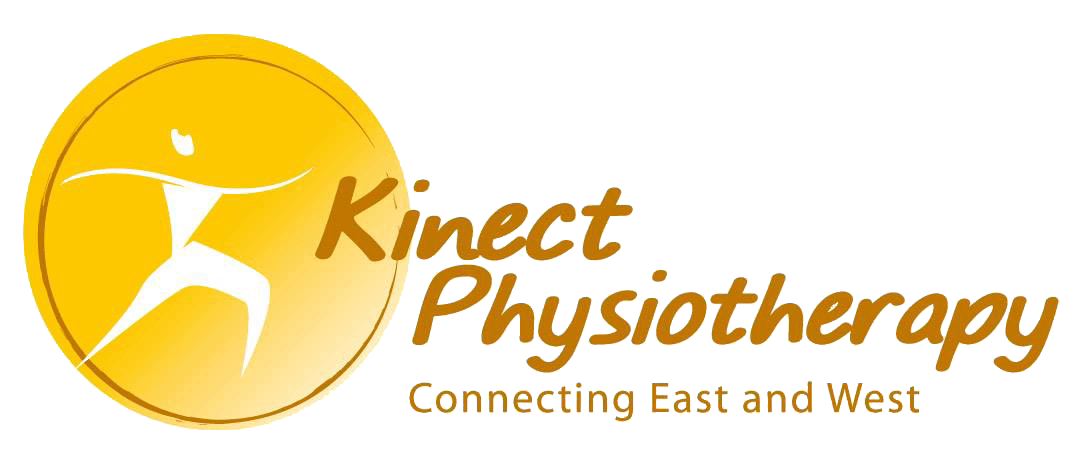When it comes to physiotherapy, most people associate it with exercises, stretches, and physical interventions. However, the role of nutrition in physiotherapy should not be underestimated. Proper nutrition plays a crucial role in supporting the body’s healing process, optimizing physical performance, and enhancing overall well-being. In this article, we will delve into the significance of nutrition in physiotherapy and how it can positively impact treatment outcomes.
1. Fueling the Body for Recovery
Nutrition serves as the foundation for a healthy body and aids in the recovery process. When undergoing physiotherapy, the body requires an adequate supply of nutrients to repair tissues, reduce inflammation, and support cellular regeneration. A well-balanced diet that includes essential macronutrients (carbohydrates, proteins, and fats) and micronutrients (vitamins and minerals) can provide the necessary building blocks for optimal recovery. Proper nutrition helps to optimize the body’s healing mechanisms, allowing physiotherapy interventions to be more effective.
2. Supporting Muscle Growth and Repair
Muscle strength and function are key components of physiotherapy. Adequate protein intake is vital for supporting muscle growth and repair. Protein-rich foods such as lean meats, poultry, fish, dairy products, legumes, and nuts provide essential amino acids that contribute to muscle synthesis and recovery. Physiotherapy often involves exercises that target specific muscle groups, and proper nutrition ensures that these muscles have the necessary resources to repair and grow stronger.
3. Managing Inflammation
Inflammation is a natural response to tissue damage or injury, but excessive or chronic inflammation can impede the healing process. Certain foods possess anti-inflammatory properties and can help manage inflammation during physiotherapy. Incorporating foods rich in omega-3 fatty acids, such as fatty fish, walnuts, and flaxseeds, can help reduce inflammation and promote recovery. Antioxidant-rich fruits and vegetables, including berries, leafy greens, and colorful peppers, also play a role in combating inflammation and supporting the body’s healing processes.
4. Enhancing Energy Levels and Endurance
Physiotherapy often involves exercises and activities aimed at improving endurance, stamina, and overall physical performance. Proper nutrition plays a critical role in providing the energy required for these activities. Carbohydrates are the body’s primary source of energy, and incorporating complex carbohydrates like whole grains, fruits, and vegetables into the diet can provide a sustained release of energy throughout physiotherapy sessions. Additionally, staying hydrated by drinking an adequate amount of water is essential for maintaining energy levels and preventing fatigue during physical activities.
5. Supporting Bone Health and Injury Prevention
Bone health is vital in physiotherapy, especially for individuals recovering from fractures, osteoporosis, or other bone-related conditions. Adequate calcium and vitamin D intake are essential for maintaining strong and healthy bones. Dairy products, leafy greens, fortified cereals, and sunlight exposure are excellent sources of these nutrients. By focusing on proper nutrition and ensuring sufficient intake of bone-supporting nutrients, physiotherapy patients can aid in the healing of fractures, prevent future injuries, and improve overall bone health.
6. Managing Weight and Body Composition
Maintaining a healthy weight and body composition is crucial for optimal physical functioning and overall well-being. Excess weight can put additional stress on joints, muscles, and bones, hindering the effectiveness of physiotherapy interventions. Nutrition plays a vital role in weight management, and a balanced diet that includes portion control, nutrient-dense foods, and mindful eating practices can support healthy weight loss or maintenance goals. Physiotherapy combined with proper nutrition can help individuals achieve their desired body composition and improve their overall physical health.
Conclusion
Understanding the role of nutrition in physiotherapy is essential for maximizing treatment outcomes and promoting overall well-being. Proper nutrition supports the body’s healing processes, aids in muscle growth and repair, manages inflammation, enhances energy levels, supports bone health, and contributes to weight management. By incorporating a well-balanced diet that includes a variety of nutrient-rich foods, individuals undergoing physiotherapy can optimize their recovery, improve physical performance, and achieve long-term health goals. Remember, nutrition and physiotherapy work hand in hand to support your body’s healing journey.






